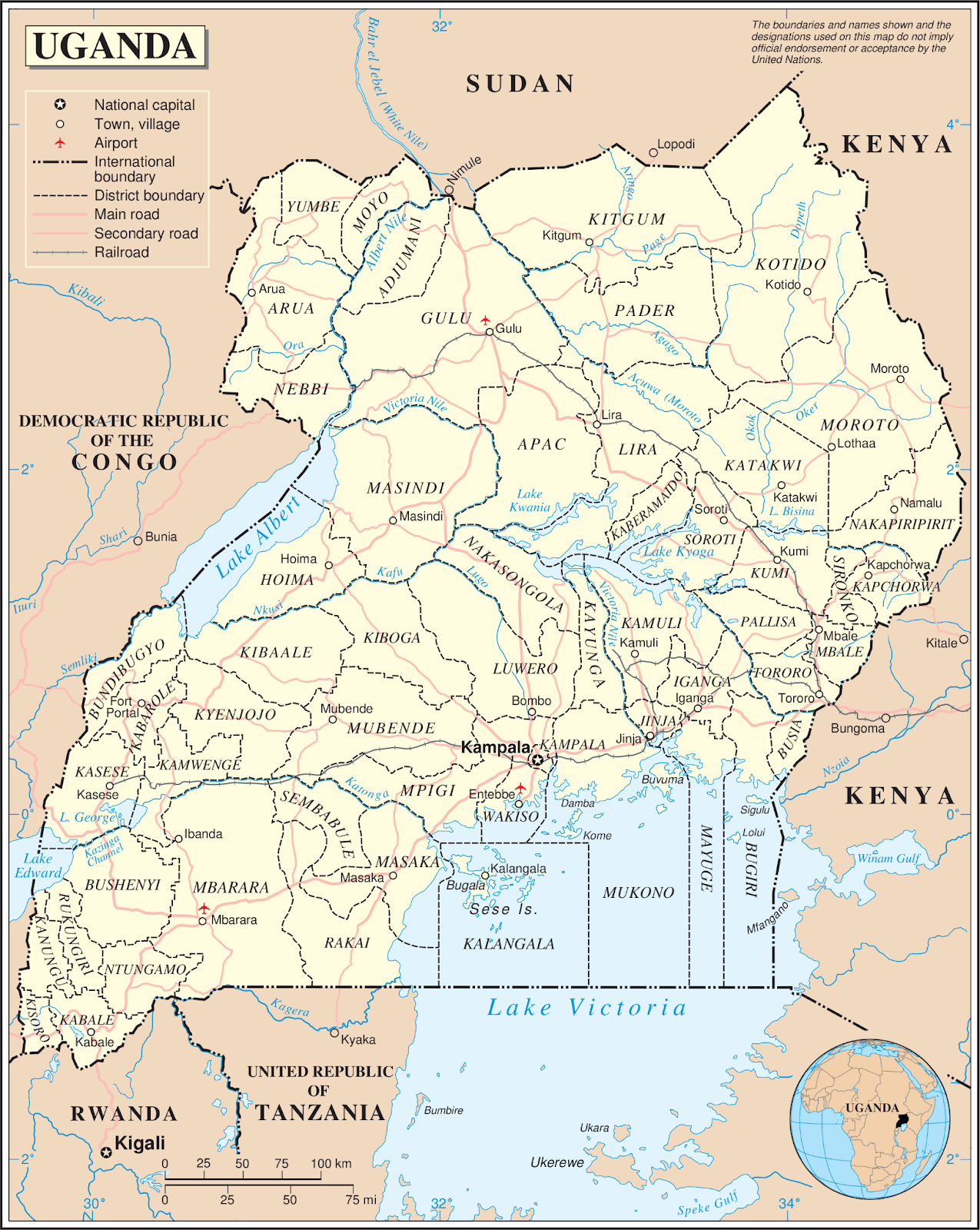Russian influence on the African continent has increased as Western involvement has waned – especially on the medical front. Russia committed itself to the development of Africa and their diplomatic relations with the first Russian-African summit in 2019. The increased attention on Africa is also a strategic attempt to bypass Western sanctions and build new relationships that Russia may be able to leverage in the future. Health diplomacy allows Russia to increase its influence on the African continent in a subtle, but effective, manner.
Images Sourced From: ROSCONGRESS, Emergency LIVE, Brookings, EURACTIV
1 Motivations
Russia’s efforts to get more involved on the African continent have several motivations. On the one hand, the economic benefits of fostering close connections with a variety of different countries on the African continent comes with a way to bypass sanctions and gain access to vast resources. On the other hand, the ongoing political isolation of Russia provides fodder for new relationships with countries that have expressed anti-Western sentiment.
[source]
2 Initiatives
Russia has a variety of initiatives throughout the African continent that are meant to increase its influence and diplomatic soft power. Many of these initiatives consist of strategic partnerships that go beyond improving healthcare access. Besides offering itself as a strategic partner in the healthcare industry, Russia also utilises anti-Western sentiment in Africa to cement its involvement.
2.1 Case Study: Uganda

The cooperation between Uganda and Russia is ostensibly based on finding solutions to biosecurity challenges and health concerns. The Uganda-Russia Joint Permanent Commission’s topics range from economic to medical to military training. In the medical realm, Russia’s initiatives include the support of the medical sector in Uganda, improvement of biosecurity solutions and response to pandemics, and medical surveillance. Russia provides mobile laboratories to support medical needs. During the COVID pandemic, vaccines were a large part of the health support offered by Russia. Russia was able to fill the void for vaccines because Western countries, which previously provided medical aid, were not able to meet the demand.
Uganda is also a strategic choice for Russian soft power because of its leadership role in the Non-Aligned Movement and its membership in the UN. Uganda and Russia have consistently supported each other’s motions in the UN. Furthermore, President Museveni is a senior leader with a variety of connections to other African countries. On the more tangible side, Uganda and Russia are planning the construction of two nuclear power plants by 2031 and have a defence pact. Thus, integration and cooperation with Uganda helps Russia advance its interest in spreading influence throughout the continent.
Russia’s support allows Uganda to enhance its position of expertise in the African healthcare sector. Additionally, it provides Uganda with a diplomatic partner at a time when Museveni’s government is criticized for undemocratic practices.
[source, source, source, source, source, source, source, source]
2.2 Malaria Vaccine
In 2022, the Kremlin began a disinformation campaign against a new malaria vaccine (RTS,S) that the British government rolled out in Africa. The African Initiative is the main facilitator of the negative narrative against the vaccine. Secondary facilitators of the disinformation are found in the form of influential pro-Russian influencers and bloggers on platforms ranging from Telegram to X. Diplomats and intelligence community members speculate that the intent of the disinformation campaign is to spread the narrative that the West is developing dangerous vaccines and bioweapons.
This tactic is not novel. In fact, during the Soviet Union era, the KGB began anti-West disinformation campaigns about AIDS. These campaigns also leveraged local individuals to more effectively spread their message.
2.3 COVID and Sputnik V Vaccine
In 2020, Russia attempted to sell large amounts of the Sputnik V COVID vaccine to various African countries. However, the vaccine was not as successful as other vaccines created by other countries for a variety of reasons. These include production and logistical obstacles, regulatory worries surrounding the vaccine and its production, and the lack of established diplomatic and institutional relationships beyond business. The change in the bilateral diplomatic relationships between the Kremlin and Africa goes back to the decreased aid given to Africa after the dissolution of the Soviet Union.
The efforts to promote the Sputnik V vaccine included a global PR campaign. The vaccine was branded as “vaccine for humankind.” Although Russia has made the vaccine campaign seem like a resounding success, multiple African countries, like Kenya and Namibia, discontinued their use of the vaccine in 2021 due to safety concerns surrounding the vaccine.
The Carnegie Endowment theorized that Russia’s increasing influence on the continent of Africa is based more on symbolic gestures and campaigns rather than on the fulfilment of policy goals or promises. An example of this occurred in Angola. In early 2021, Luanda planned to purchase and receive 12 million doses of the Sputnik V vaccine, but only received 40,000 doses by the summer of 2021. Additionally, analysts at the Carnegie Endowment speculate that the humanitarian aid gap caused by the withdrawal of Western countries has allowed Russia to increase its operations in Africa.
3 The Future
Russia will continue to strengthen its relationships with different African countries in an attempt to garner more support in the UN and have leverage in future negotiations. These new connections also provide Russia with new trade partners and access to resources outside of sanctions. As part of this, Moscow will also likely continue its attempts to discredit Western humanitarian aid and medical innovations. Africa will become an increasingly important geopolitical and economic variable in Russia’s international relations calculus.
4 Conclusion
Russia has increased its influence on the African continent in a variety of ways. However, its medical aid support is key in its strategy to foster new diplomatic relations outside of the West. There have been multiple operations throughout multiple countries which go beyond medical aid, to include disinformation operations. The Kremlin has leveraged anti-West sentiment and local actors to push their medical help and influence.